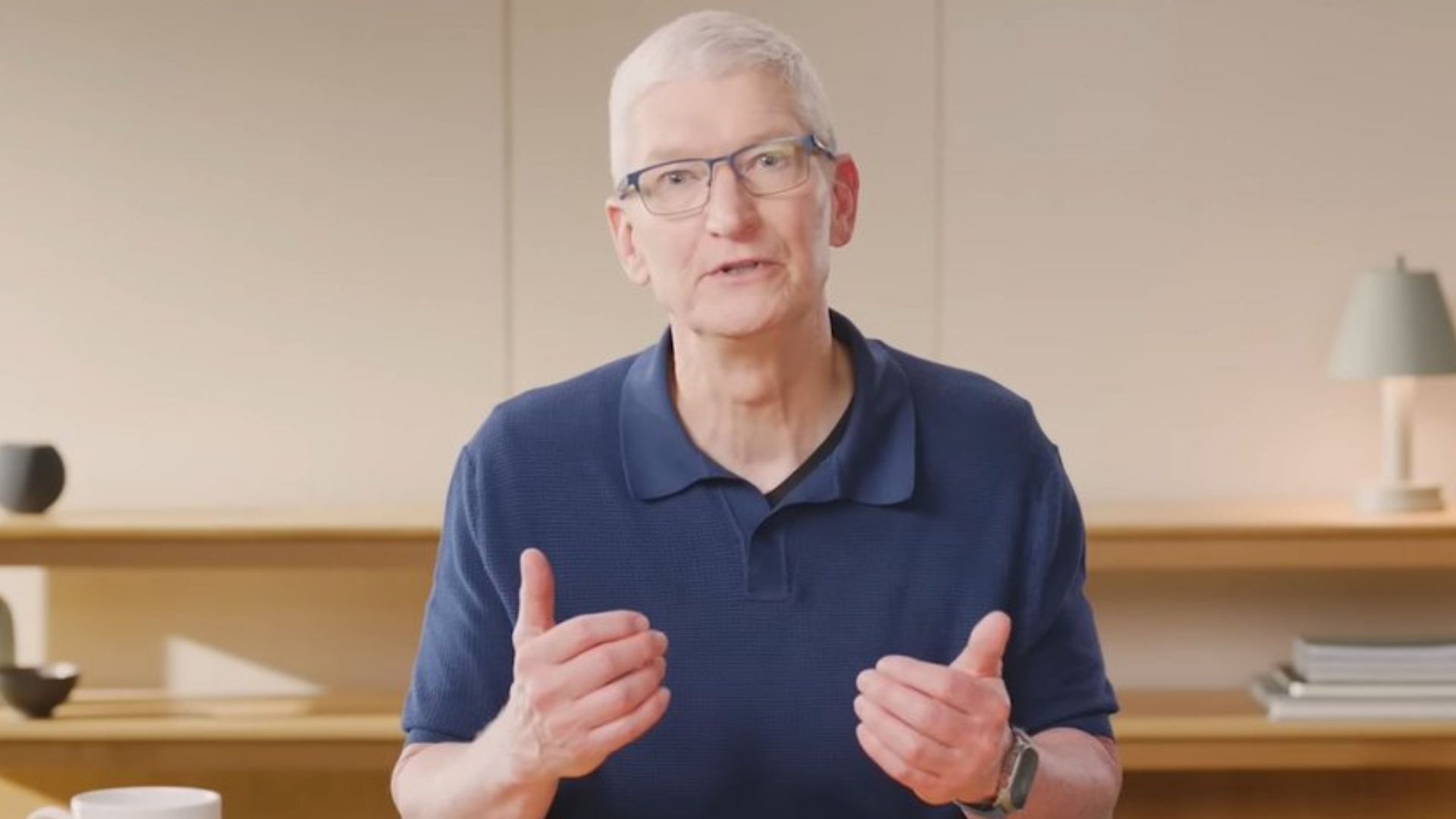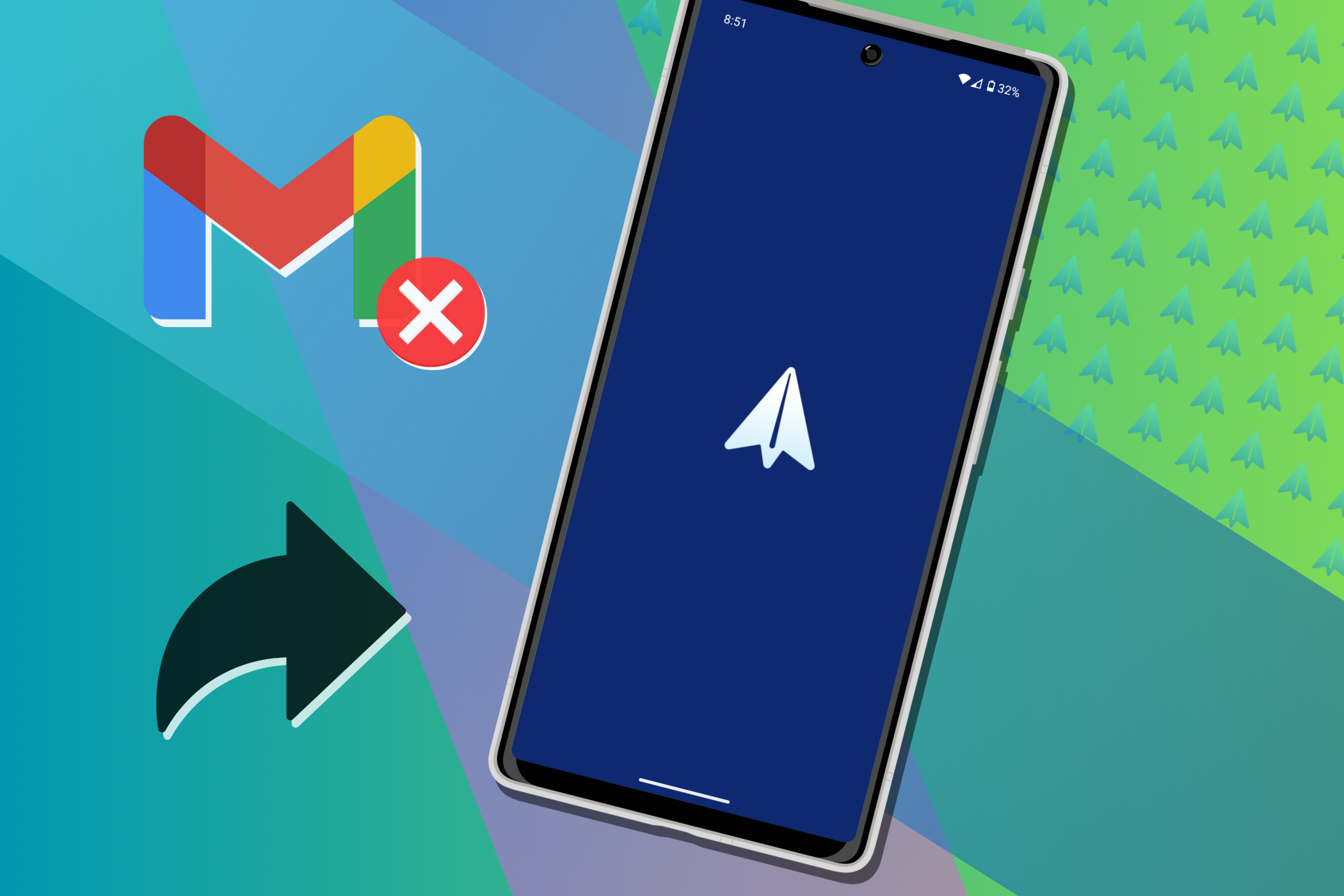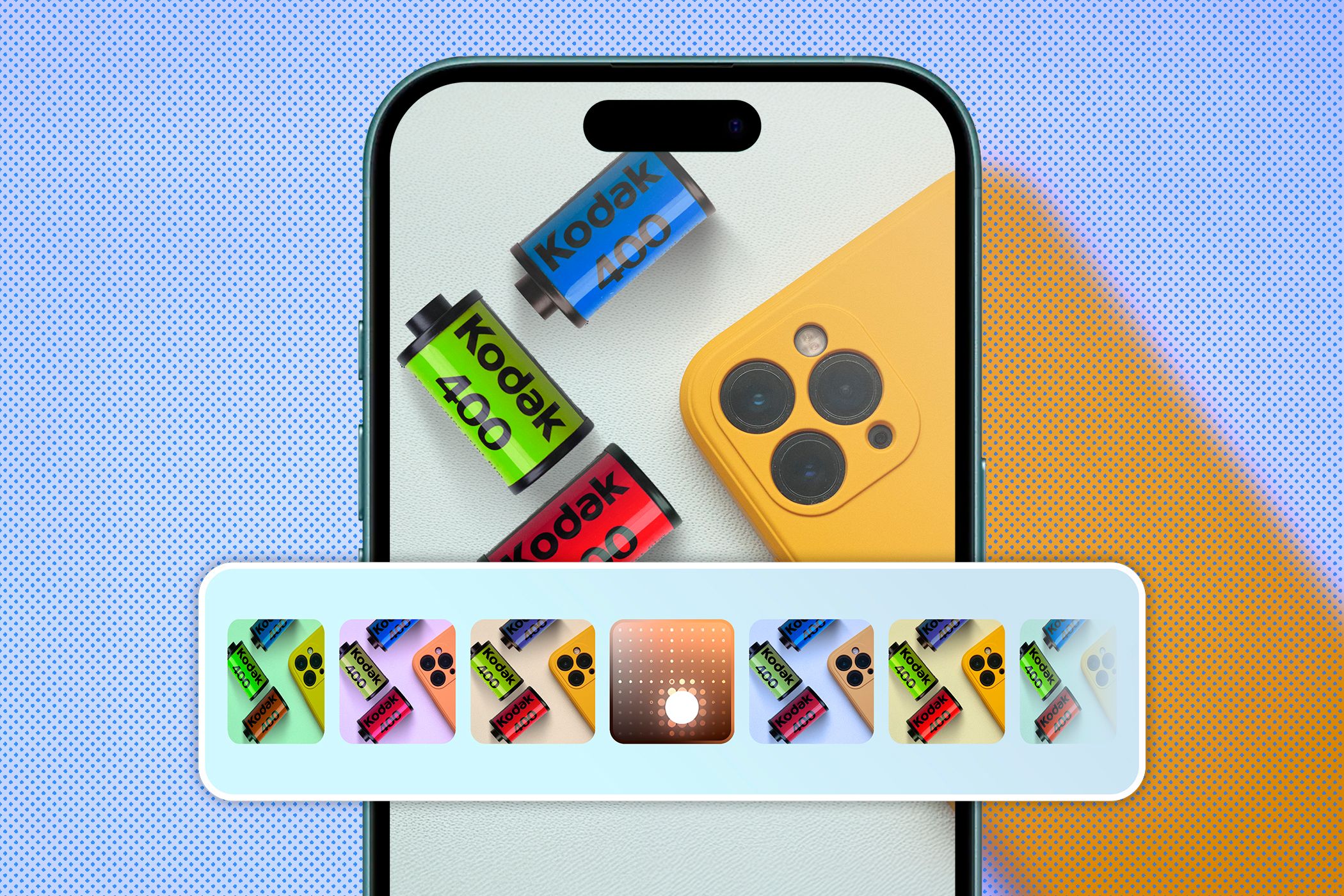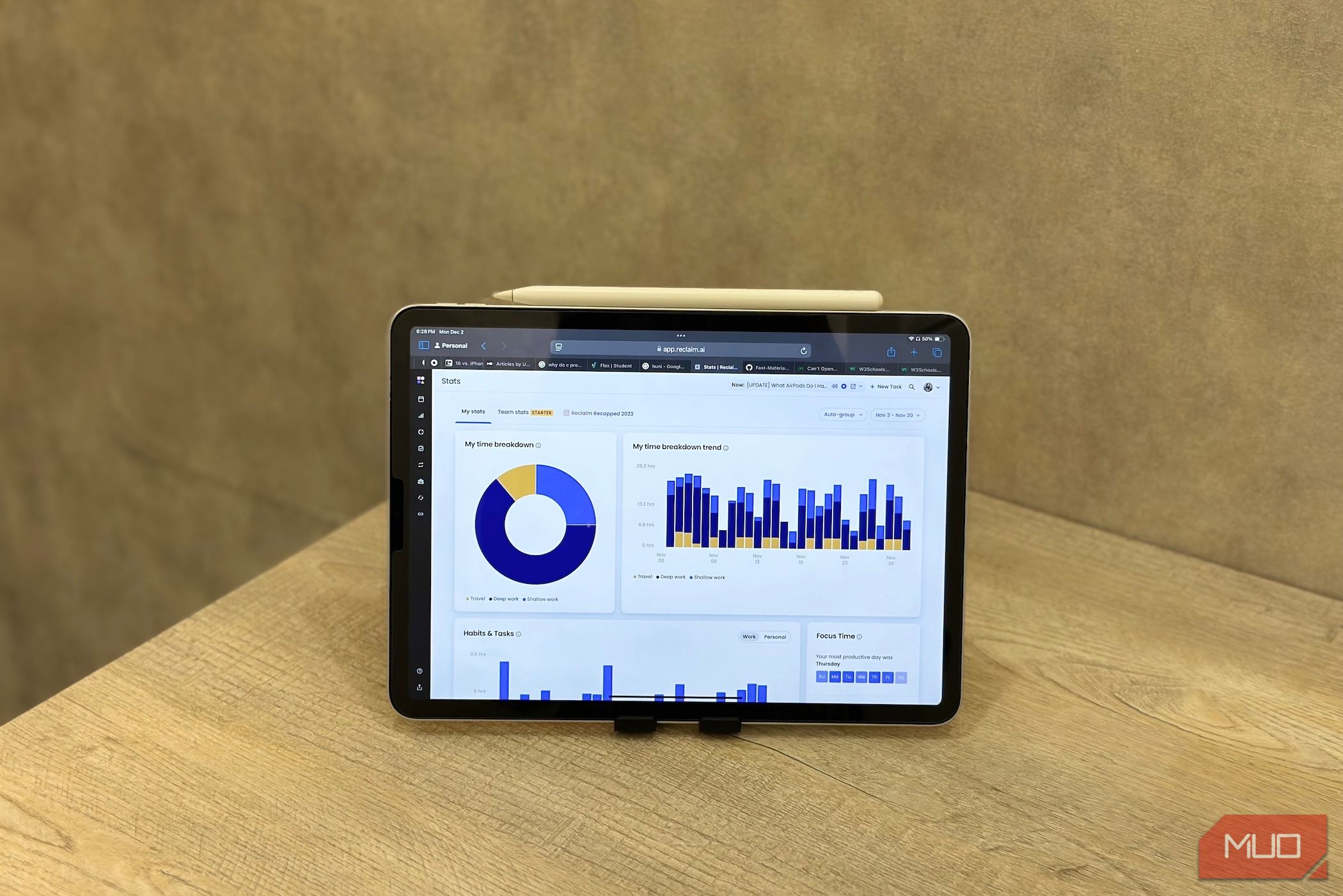Apple and Meta Platforms, the parent company of Facebook and Instagram, are facing off once again in a growing rivalry between the tech giants. Apple has raised concerns about Meta’s repeated requests for access to its software tools, warning that these could put user privacy and security at risk. This latest conflict is tied to the European Union’s Digital Markets Act (DMA), which requires Apple to open up its ecosystem to rival companies and developers or face significant fines.
Apple claims that Meta has submitted 15 interoperability requests, more than any other company, asking for extensive access to its technology. These requests have raised alarms at Apple, especially because they could alter device functions in ways that might compromise privacy. Specifically, Apple points out that many of Meta’s requests seem unrelated to its own products, like the Meta Quest virtual reality headsets and smart glasses. Apple worries that Meta’s push to dominate the virtual and mixed reality space could have unintended consequences for iPhones and iPads, potentially compromising user privacy.
Apple Hits out at Meta’s numerous interoperability requests that would give them far-reaching access to their technology stack https://t.co/W1Fzx3eDUa pic.twitter.com/NcCn18MyLt
— Patently Apple (@PatentlyApple) December 19, 2024
A significant part of Apple’s concern is Meta’s history with privacy violations. The company has faced several fines in Europe related to privacy issues, and Apple sees this as evidence that Meta may not be trusted with access to its systems. Given Meta’s past, Apple is hesitant to grant the company further control that might put user data at risk.
Meta, on the other hand, has rejected Apple’s claims. The company argues that Apple is blocking efforts to improve interoperability and stifling innovation by not allowing third-party apps to fully integrate with its devices. Meta believes its requests are part of a larger effort to create a more open and connected tech environment, and that Apple’s resistance is driven by a desire to keep a tight grip on its ecosystem and limit competition.
This dispute has caught the attention of the European Commission, which is in charge of enforcing the DMA. The Commission recently shared its preliminary findings, proposing measures to ensure greater interoperability between Apple and its competitors. These proposals include requiring Apple to set clear timelines for handling interoperability requests and establishing fair processes for resolving technical disputes. Additionally, the Commission is urging Apple to allow full interoperability for iOS notifications across devices, such as the Apple Watch and the Apple Vision Pro.
The European Commission has given stakeholders until January 9 to provide feedback on the proposed changes. As the Commission fine-tunes its approach, it remains to be seen how Apple and Meta will adapt to these regulatory and competitive pressures, both aiming to shape the future of digital ecosystems.
SEE ALSO: OnePlus Ace 5 And Ace 5 Pro Set To Go Official On December 26; Here’s What To Expect














